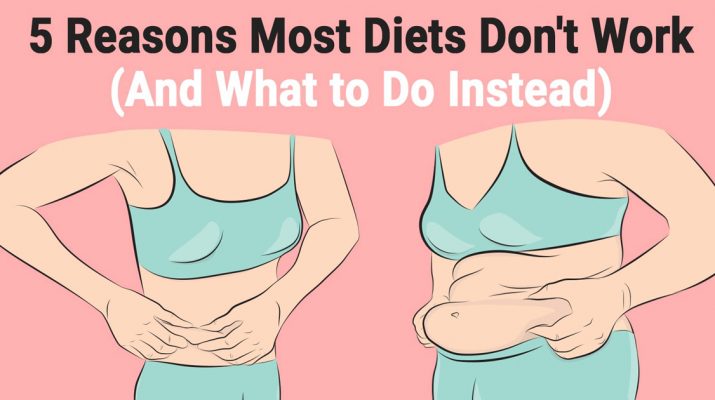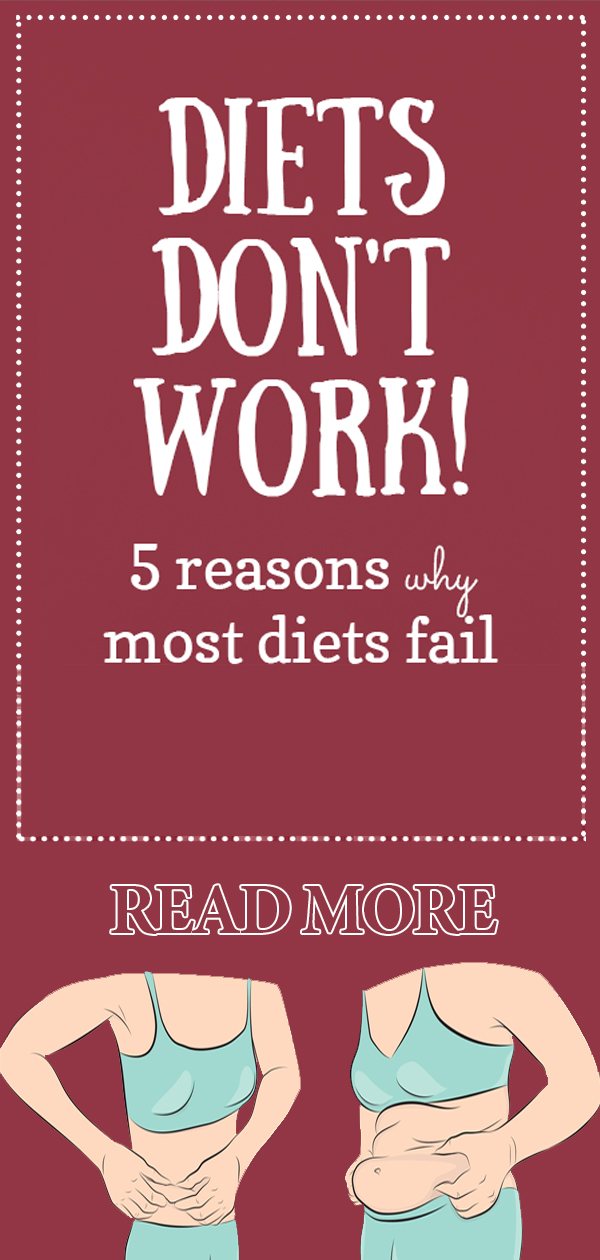“…diet plans don’t make money by making people permanently thin, and food companies don’t make money by selling crunchy fresh apples.” – Sandra Aamodt, Why Diets Make Us Fat: The Unintended Consequences of Our Obsession With Weight Loss
If you research “diets” online, you’ll find thousands of different plans and programs. Each one claims to have all the answers to your weight loss struggle. Most of them promise big results in a short amount of time. Because we live in a culture obsessed with instant gratification, diet plans sell like hotcakes.
The Diets Of Early Man Versus Modern Man
Our modern world has severely disrupted and skewed our relationship with food. People have lost touch with their hunger cues and natural instincts. When we lived closer to nature, our bodies told us when and how much to eat. And we listened. If we couldn’t find food for a while, our bodies would go into starvation mode. The body would hold on to calories in order to survive. No foods were off-limits because food was scarce, so when we did find food, we indulged in it.
Fast forward 100,000 years and we have almost no connection to nature. We can get virtually any kind of food whenever we want, provided we have enough money. Additionally, we eat to our heart’s content. Because there is such an abundance of food available now, our bodies don’t recognize when we’re actually hungry. We eat for reasons other than hunger, such as to numb our emotions or to avoid being bored.
We’re told by the food industry to eat more, but the diet industry tells us to eat less. Who should we believe? And, more importantly, how can we know what and how much to eat when we are bombarded with such conflicting messages?
In this article, we’re going to attempt to dispel as many myths surrounding diet culture as possible, and tell you what you can do to take control of your health once and for all.
Here Are 5 Main Reasons Why Diets Don’t Work:
1. They Are Only Meant To Be Temporary.
Think about it: out of all the diets you’ve heard of, do any of them claim to provide lasting results? Most of them boast about being able to lose a drastic amount of weight or lose inches in “just six weeks” or even less. None of them talk about the long-term; they’re only concerned with the short-term. After you’ve gotten off your diet, you’ll just go back to the way you used to eat and regain any weight you lost. Very few people keep the weight off because the diet doesn’t teach them sustainable, healthy eating habits.
Instead of thinking about a short-term solution, you should think about what will work for you in the long-term. You have to make healthy eating and exercising a part of your lifestyle so that you can maintain your habits over time. Dieting teaches you to do extreme things like restrict calories, cut out whole food groups, or exercise vigorously for hours at a time to lose weight. This is why diets are temporary, because they are simply not designed for the average person to maintain.
And, if you’re looking to lose weight, diets are not the answer. According to a review of over 30 studies, diets are one of the main predictors of weight gain. Our obsession with losing weight to “get healthier” might, ironically, be driving us in the opposite direction.
2. They’re Bad For Your Health.
The diet industry desperately wants you to believe that you’re finally taking charge of your health once you buy into their clever scheme. However, you’re only setting yourself up for failure and actually going backwards when it comes to getting healthier. Dieting in itself isn’t sustainable; in fact, it’s dangerous to your health because it can lead to yo-yo dieting, where you’re constantly gaining and losing weight. This can lead to an increase in inflammation, which can cause a host of illnesses and diseases.
It also puts your body under tremendous stress, because any time you lose weight, your body fights back. It wants to stay at a certain set point, so any time you disrupt your body’s natural biology, it will do whatever it can to make you regain that weight. This happens due to a hormone called leptin; when you diet, this hormone decreases, signaling your body to increase your appetite to replenish the energy it thinks you need to survive. Studies show that one in three dieters ends up gaining more weight than they lost on a diet.
Other health risks include muscle loss, higher body fat percentage, fatty liver, increased risk of heart disease and diabetes, and increased blood pressure.
3. Diets Are Expensive.
Americans spend roughly $60 billion per year on weight loss products and services. This includes money spent on weight loss programs, gym memberships, and products with the word “diet” in them, such as diet soda. Roughly 45 million Americans go on a diet every year, and most of them fail to achieve their weight loss goals. Sadly, this just means that most people waste their money on products and services that don’t deliver results as promised. The solution?
Don’t spend money on fads and programs claiming to help you lose weight. Instead, buy healthier foods at the store and move your body a little bit each day. You can be healthy at a higher weight, so don’t make weight loss the focus of your life. If you eat well and exercise frequently, you’ll have much better health markers than a person of average weight who doesn’t exercise or eat well.
4. Diets Increase Cravings.
Obviously, if you restrict a food, you’re going to want it even more. You will have a harder time avoiding it the longer you deem it off-limits. Some scientists believe certain foods cause neurons to fire in the reward center of the brain, as drugs do. Additionally, studies show that the reward and pleasure centers of the brain light up even more when a food that has been previously restricted is reintroduced into someone’s diet. This means you’ll want to eat that food even more. It makes you feel intense pleasure, more than before you cut it out of your diet.
5. You Start To Obsess Over Food.
A research study conducted in the 1940s on a group of 36 men attempted to analyze the effects of calorie restriction. Researchers cut their calorie intake in half for six months. They observed mood changes such as irritability, lack of motivation, and fatigue. They also noticed that the subjects had become obsessed with food. One subject wrote that he, “stayed up until 5 a.m. last night studying cookbooks,” not a common pastime. The men began ripping out pages from cookbooks and stealing food. Some even started chewing up to 30 packs of gum per day to stave off cravings.
They had become obsessed with food simply because their bodies weren’t getting the fuel they needed! This is exactly what happens when people go on diets, and the weight loss and diet industries capitalize on this because they want you to think something is wrong with you. However, something is actually gravely wrong with them for profiting off of our biological responses to calorie restriction.
What To Do Instead Of Dieting
Don’t give up on losing weight just yet. If you learn to listen to your body instead of the diet industry or others who don’t have your best interests at heart, you can start seeing results. In fact, a large study of more than 120,000 adults in the United States found that establishing certain habits could help people gradually decrease and maintain their weight.
Here are some of the tips researchers found helped the study participants:
- Eat healthy foods like yogurt, fruits, vegetables, and nuts.
- Avoid junk foods like chips and soft drinks.
- Limit starchy foods like potatoes; these should be eaten in moderation.
- Exercise at least a few times per week doing something you enjoy.
- Get quality sleep of 6-8 hours per night.
- Limit TV watching, as this promotes laziness and lethargy.
As you can see, this study focused on lifestyle changes that people can make and stick to over time. This approach proves more effective than a fad diet that requires some form of extreme behavior.
Another study of 439 overweight women showed that a lifestyle intervention designed to promote gradual weight loss over time was equally effective in both women with and without a history of yo-yo dieting.
This is good news for people that may have a hard time losing weight due to dieting in the past and are looking for a permanent solution.
Final Thoughts On Reasons Diets Don’t Work
We hope this article has shed some light on the corruption of the diet industry because it has permeated virtually every facet of our culture today. People have become obsessed with their appearance and food, which has led many to develop eating disorders.
The diet industry is dangerous because it is only interested in lining its pockets and pays little regard to people’s health. As long as you stay active, eat healthy most of the time, get enough sleep, and do things you enjoy, you should have nothing to worry about. Steer clear of diets and instead focus on making healthy living an aspect of your life rather than a “quick fix” for a larger problem.


